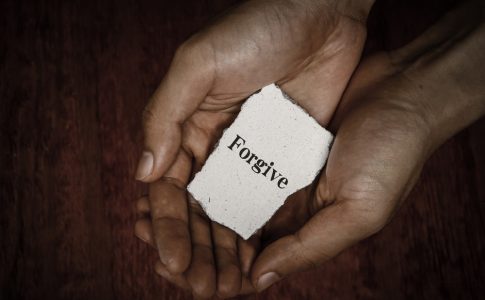 You’re in your sexual prime and are really starting to enjoy being single. For the first time in a long time, you’ve had the chance to do some experimenting, and maybe have had fun posing for photos that leave nothing to the imagination. But then you have a messy break-up, and not long after, you discover that the photos that you thought were an intimate and private affair, are now online for all the world to see.
You’re in your sexual prime and are really starting to enjoy being single. For the first time in a long time, you’ve had the chance to do some experimenting, and maybe have had fun posing for photos that leave nothing to the imagination. But then you have a messy break-up, and not long after, you discover that the photos that you thought were an intimate and private affair, are now online for all the world to see.
Welcome to the world of revenge porn.
Also known as involuntary pornography, revenge porn is the posting of nude photos or explicit sexual content of a person online, without their consent. Often revenge porn is used as a means to extort or humiliate someone, usually a former romantic partner. And it can have many devastating consequences: a school teacher recently attempted suicide after an ex-boyfriend posted her private photos online. A woman employed by a government agency lost her job after a co-worker circulated her nude photograph to colleagues.
Now that over 80% of companies say they rely on candidates’ online reputations as an employment screen, compromising photos and videos posted by a vengeful ex can hurt your job prospects, not to mention be very embarrassing. Even worse, the perpetrator can try to blackmail you. You can fight back, but it may not be easy.
There are no federal laws against revenge porn, and only 25 states have passed laws criminalizing it. You can try to file criminal stalking or harassment charges, but since most of those laws were written pre-Internet, they may not always apply. You can also file a civil lawsuit for invasion of privacy, public disclosure of private fact or intentional infliction of emotional distress, but lawyers’ fees can be costly and you’d have to prove there were concrete damages, such as a job loss or nervous breakdown. But forty states, including California and New York, have anti-cyberharassment laws that may be applicable to cases of revenge porn.
If the photos were selfies, you could try suing for copyright infringement, but in order to prove that you are the rightful owner of the photos, you’d have to register them with the U.S. Copyright Office in Washington, D.C. As John Oliver, host of HBO’s “Last Week Tonight” recently commented, “Yes, to stop strangers from seeing their naked bodies, some women have had to send more strangers more pictures of their naked bodies.”
There is hope for the future. Sites such as Twitter and Reddit have banned the posting of sexually explicit content without the consent of those depicted, and Google recently announced they will soon allow victims to request that search results with such images be taken down. But sites like MyEx.com still thrive, even though they have been sued for copyright infringement.
States that do have laws against involuntary pornography are prosecuting offenders more aggressively, especially those that are exploiting victims financially. And Rep. Jackie Speier (D-Calif.) is actively working on federal legislation called the Intimate Privacy Protection Act to ban the practice. But with Congress’s inability to even pass laws against sexual harassment in the military, many do not feel confident this will ever happen and are focusing their efforts on passing laws in individual states.
Some forward-thinking couples are even including social media clauses in their prenuptial agreement, where they agree never to share photos or posts that might harm a spouse’s professional reputation.
In the end, it’s probably best to follow the adaptation of an old adage, “Don’t pose for any photos that you wouldn’t want to see on the front page of the New York Times.” Rather, think before the click, and rely solely on your own fond memories of adventurous nights.






